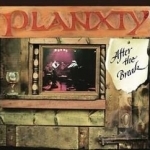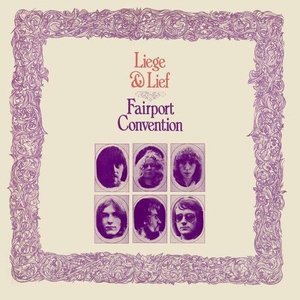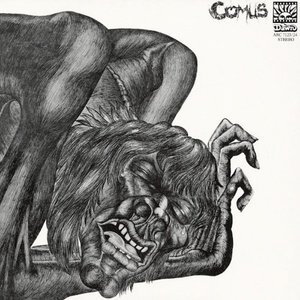
First Utterance by Comus
Album Watch
Debut album by experimental folk band Comus, released in 1971 on Dawn.
Folk experimental progressive folk
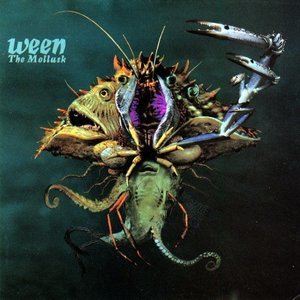
The Mollusk by Ween
Album
The sixth studio album by American rock band Ween, released on June 24, 1997.
Progressive rock prog art rock avant-rock psychedelic folk acid rock
Ian Anderson recommended After the Break by Planxty in Music (curated)
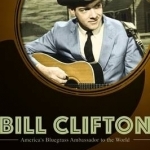
Bill Clifton: America's Bluegrass Ambassador to the World
Book
The most atypical of bluegrass artists, Bill Clifton has enjoyed a long career as a recording...
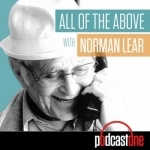
All of the Above with Norman Lear
Podcast
All of the Above with Norman Lear takes listeners on an enlightening ride of conversation, from...
Ezra Koenig recommended Liege & Lief by Fairport Convention in Music (curated)

Unlimited Music Player: MP3 Streamer & Songs Album
Music and Entertainment
App
It is a must download app if you want to enjoy your favorite music and get the ultimate music...
